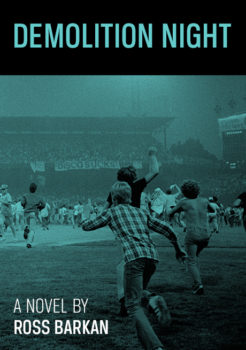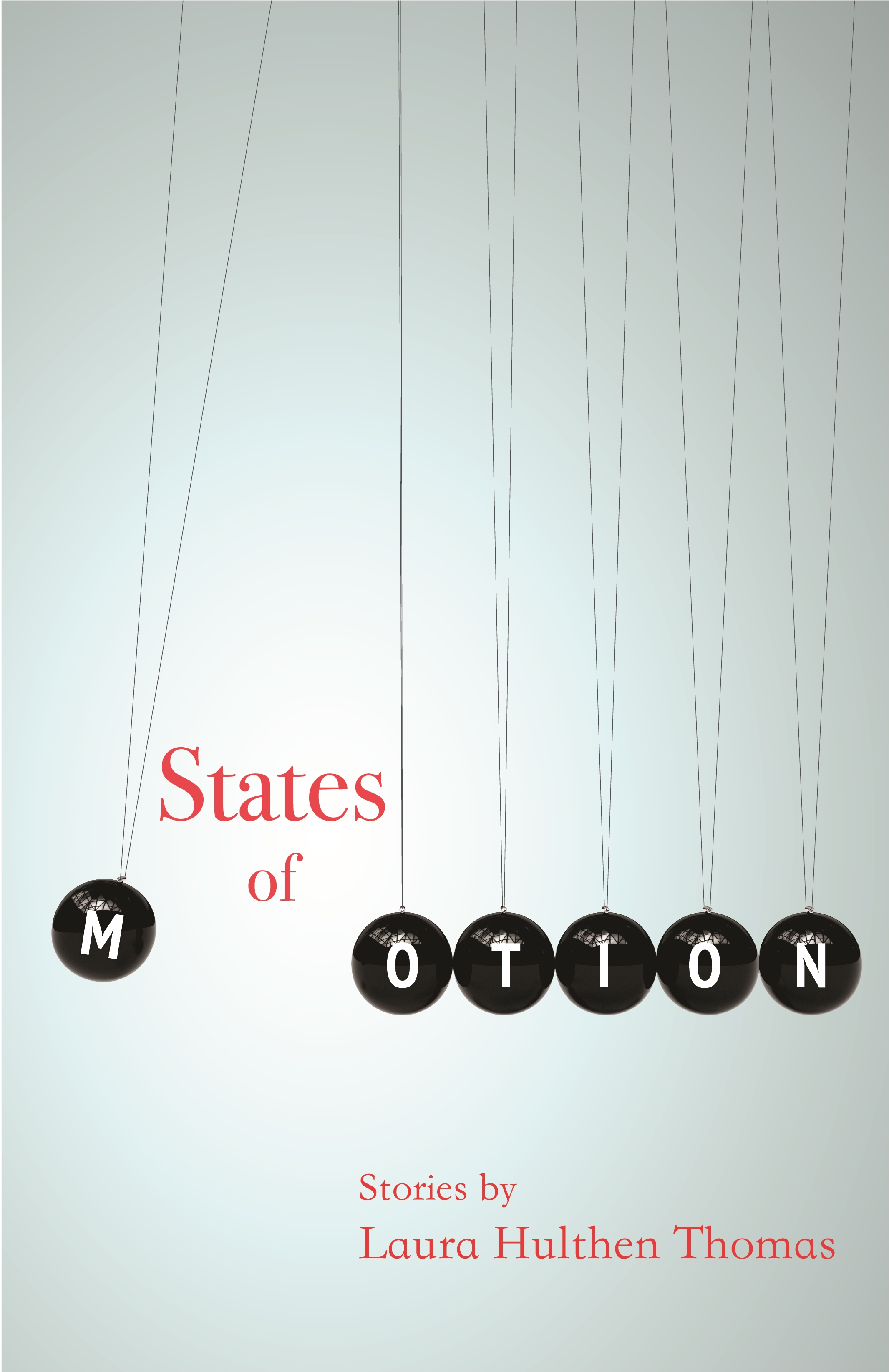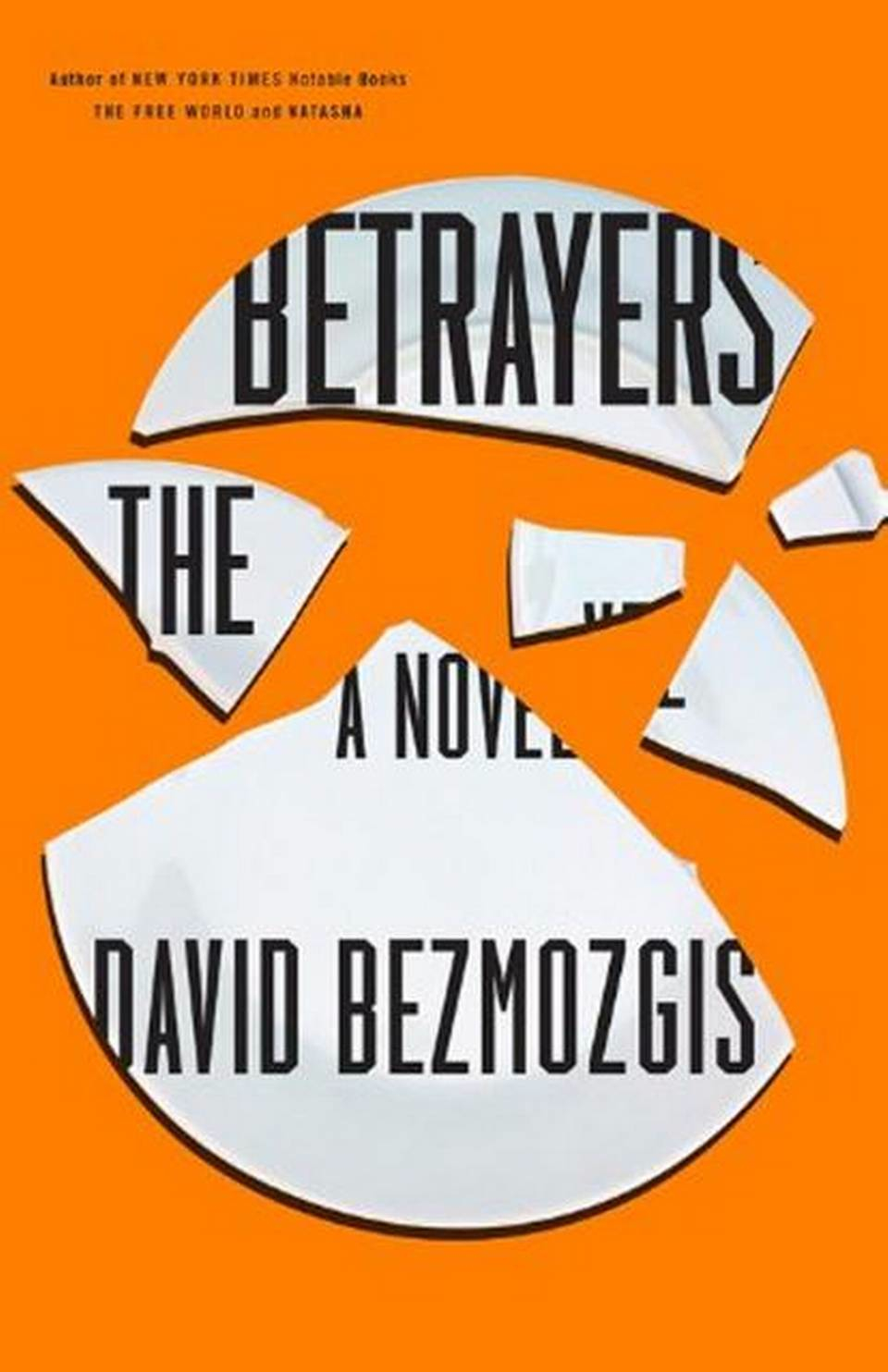Little Histories in Svetlana Alexievich’s Secondhand Time
by Ian Ross Singleton
From the Archives: “By allowing the reader to hear these voices, their pravda, instead of her own, Alexievich can better give voice to the feelings of disenfranchisement many witnesses feel in the current, capitalist Russia.”































